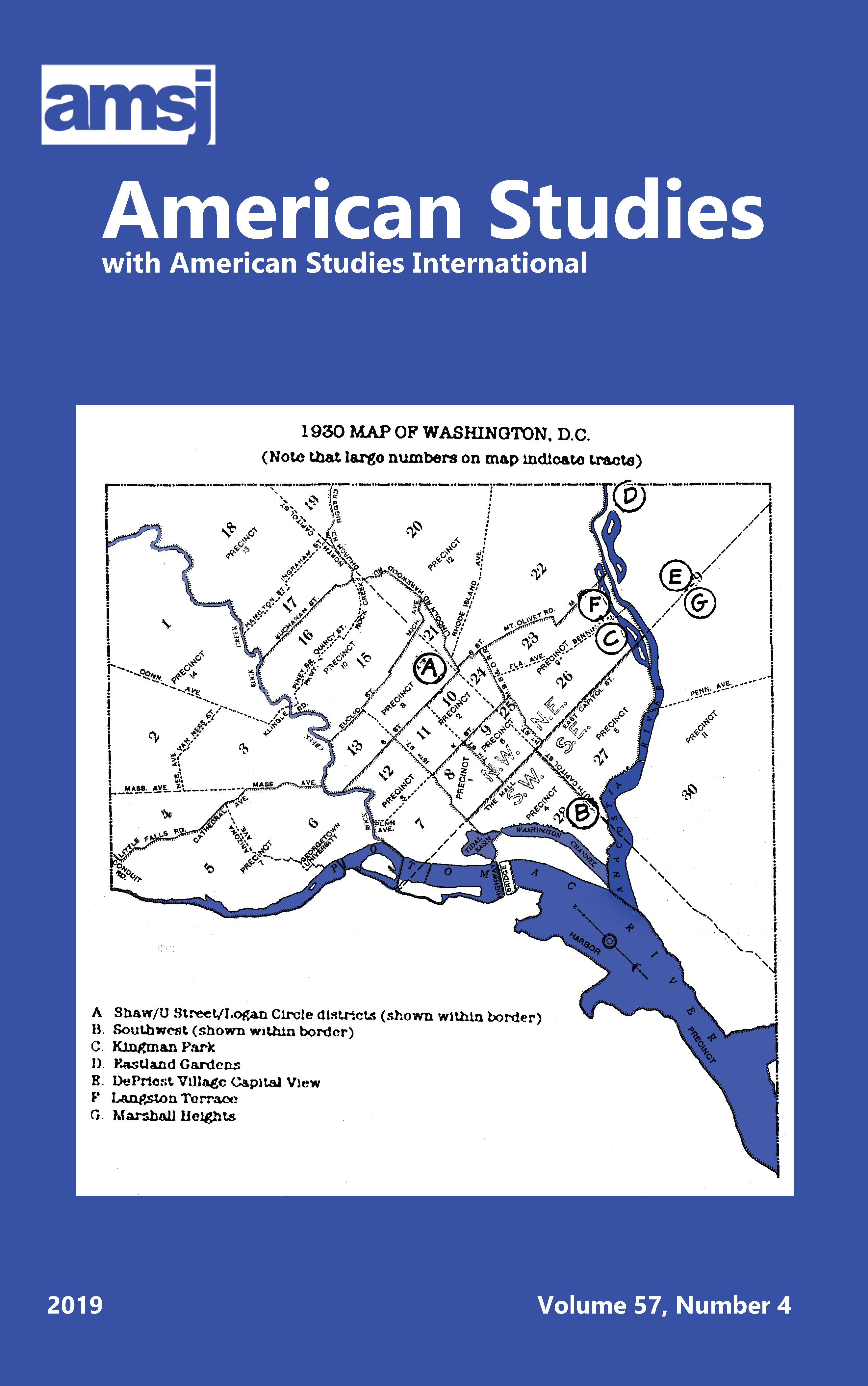Abstract
When the U.S. Congress considered endorsing the cultivation of silk in 1825, it hoped to promote production of a commodity independent from foreign suppliers. Though Congress never supported silk, many other Americans did. Throughout the 1830s and the early 1840s, especially in the North, silk presented the prospect for more than just financial gain, but also a way to minimize complicity with the slavery-driven Southern economy.
As historians point out, silk registers as only a speculative bubble in the history of Northern agriculture. However, as shown in various antebellum periodicals, such as The Liberator and The Colored American, the idealism surrounding silk prompted a broader reconsideration of the ethics of capitalism. Silk’s core contribution to the Northern market, I argue, was its influence upon how Americans conceptualized Northern capitalism. The silk movement promised economic and ethical independence from cotton and a means of supporting abolitionism.
Acknowledging the role of silk in Northern commerce and culture amends current scholarship on slavery’s influence to the development of American capitalism by showing the importance of–and resistance to–slavery in Northern capitalism. The rhetoric employed in periodicals over the merits of sericulture reveals that the silk debate functioned as a microcosm of larger sectional debates over slavery, capitalism, and morality. I argue we must consider not how slavery developed with respect to American capitalism, but with respect to American capitalisms, distinct profit-seeking regional and cultural formations. The rhetoric of antebellum silk shows that capitalism was neither a monolithic force nor a value-neutral system.
All items © Mid-America American Studies Association
Authors: If you prefer to remove your text(s) from this database please contact the editor.

